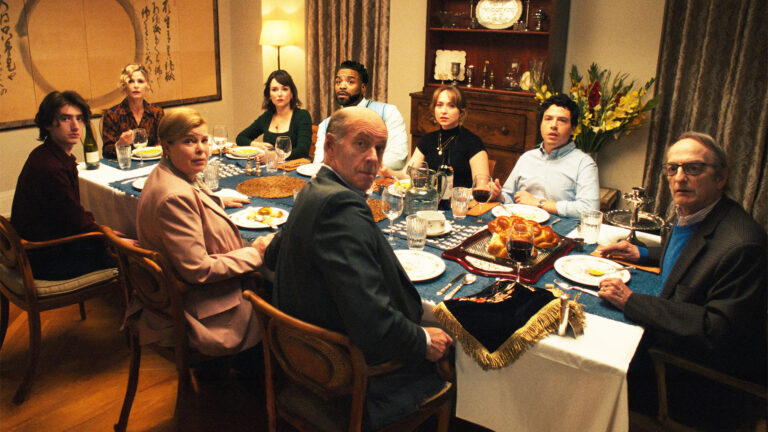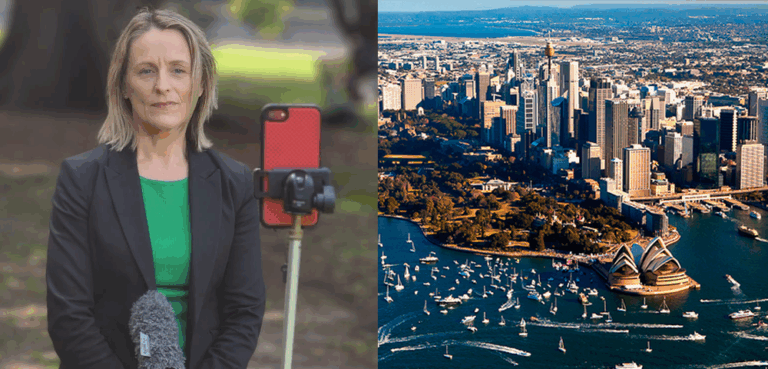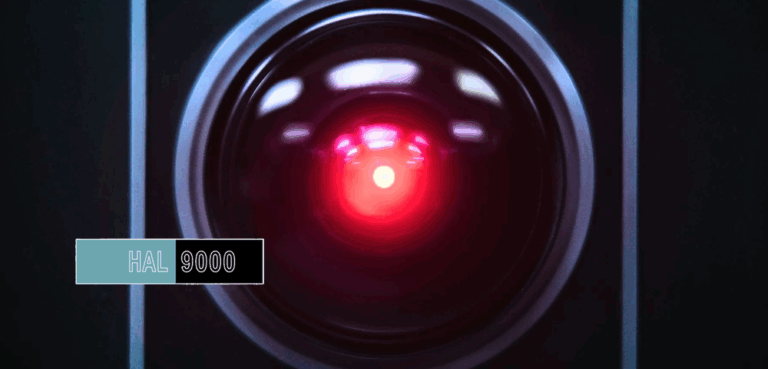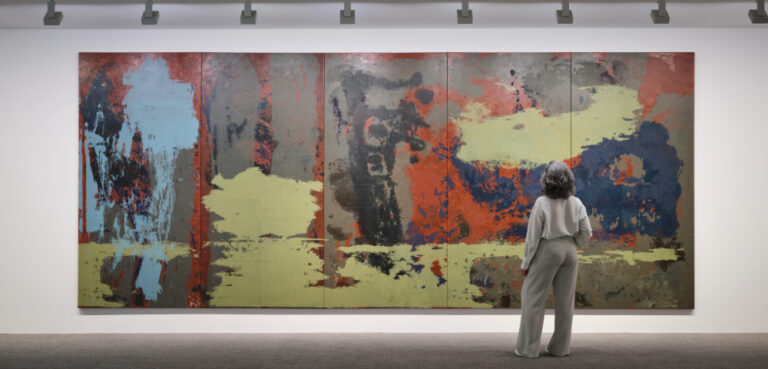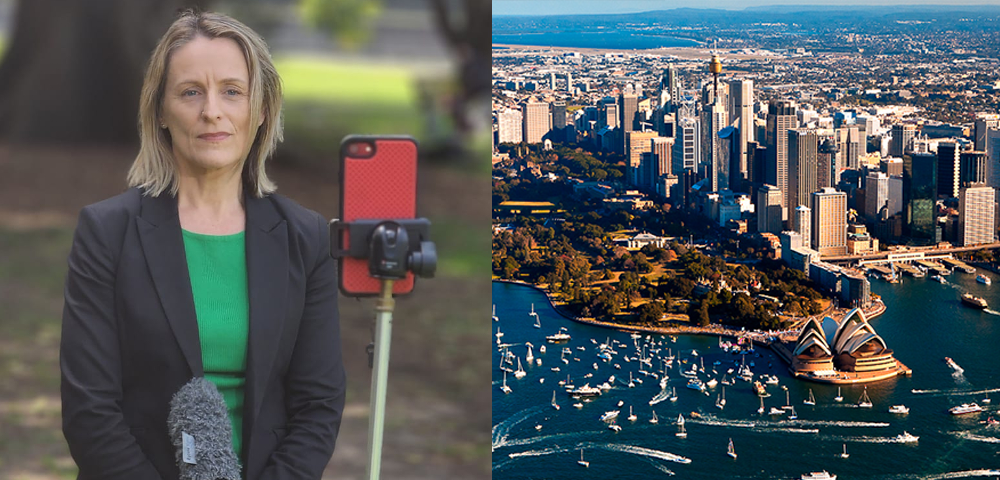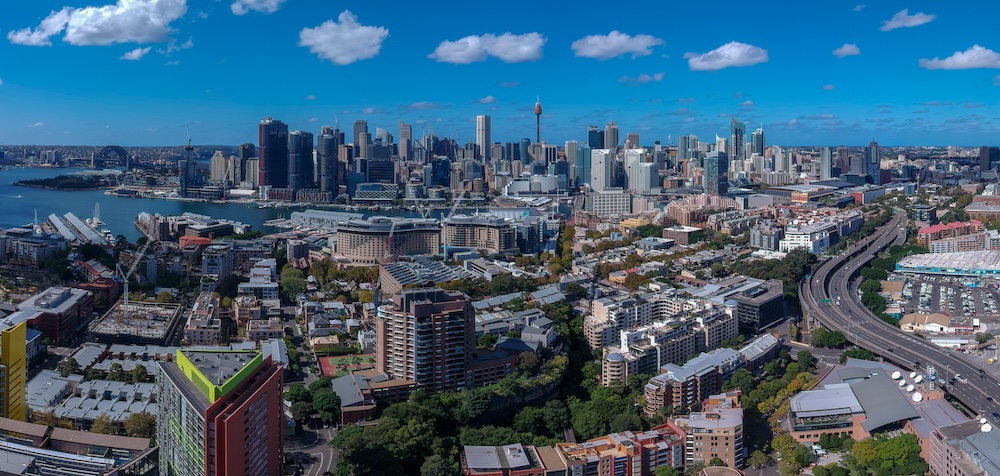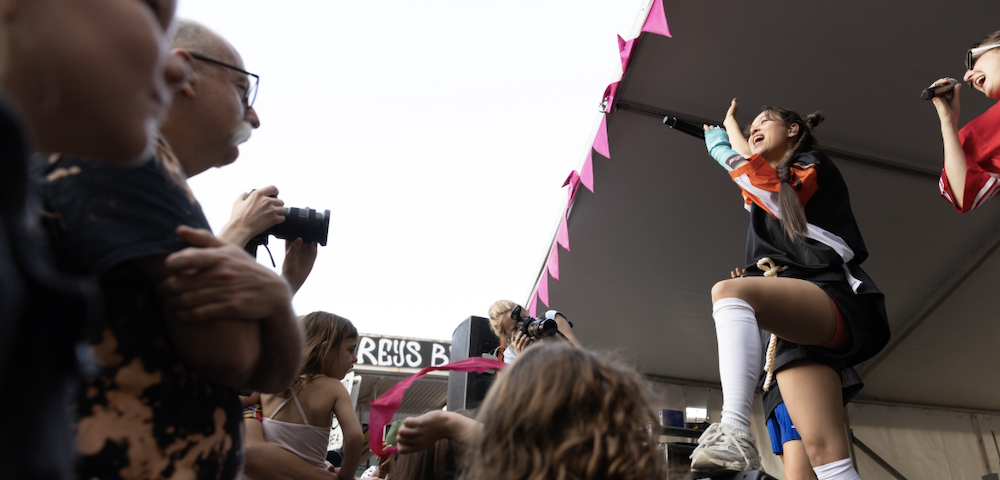
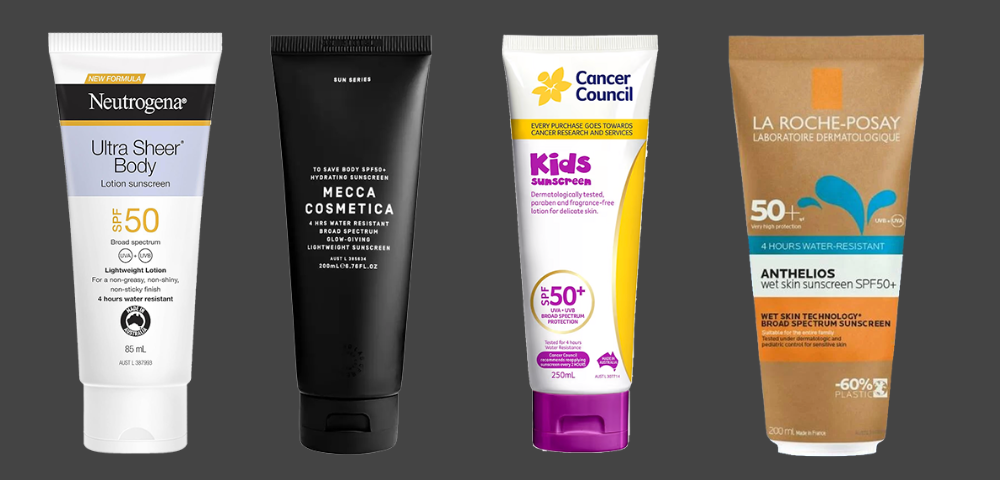
Only four out of 20 popular Australian sunscreens have met the SPF50 protection claims on their labels, according to testing by consumer group CHOICE.
CHOICE is a nonprofit consumer advocacy organisation that empowers consumers to make informed purchasing decisions by providing independent information, product reviews, and advocacy for consumer rights.
On Thursday, CHOICE CEO Ashley de Silva said in a statement, “Consumers expect sunscreen to protect them in line with the SPF rating on the product, but as our testing has shown, the SPF label doesn’t always match what’s in the bottle”.
According to the consumer group, seven products showed SPF results in the 20s, four in the 30s, and another four in the 40s.
CHOICE’s independent testing on popular sunscreens
According to CHOICE, no sunscreen is ever 100% effective at blocking all UV radiation. Even sunscreen that effectively protects at SPF 50 allows 2% of UV rays to penetrate your skin.
SPF is a measure of how effective sunscreen is at protecting your skin from UVB rays. If it takes five minutes of sun exposure for your skin to start burning, applying an SPF 50 sunscreen protects you for 50 times that amount of time – in this case 250 minutes. Sunscreen with an SPF of 30 would protect you – ideally – for 180 minutes.
Unfortunately, the test found an abysmal number of four products that managed to match their SPF claims.
The four sunscreens that passed the SPF test were:
- Cancer Council Kids Sunscreen SPF 50+ passed with a reported SPF of 52
- La Roche-Posay Anthelios Wet Skin Sunscreen 50+ passed with a reported SPF of 72
- Mecca Cosmetica To Save Body SPF 50+ Hydrating Sunscreen passed with a reported SPF of 51
- Neutrogena Ultra Sheer Body Lotion SPF 50 passed with a reported SPF of 56
Following the announcement, CHOICE has called on the Therapeutic Goods Administration (TGA) to “urgently carry out its own sunscreen compliance testing” and on the Australian Competition & Consumer Commission (ACCC) to investigate if any SPF claims are misleading.
“Currently, the TGA relies on reports provided by manufacturers to ensure the safety, quality and efficacy of sunscreen products. Unfortunately, these reports may not be providing the accurate information consumers need when choosing sunscreens for themselves and their families,” said de Silva.
Ultra Violette disputes CHOICE’s findings
One manufacturer, which scored the lowest in the sunscreen testing has disputed CHOICE’s findings. Ultra Violette’s Lean Screen SPF 50+ Mattifying Zinc Skinscreen returned an SPF of 4.
“We were really shocked to see the results for Ultra Violette’s Lean Screen SPF 50+ product, so much so that we actually decided to test a different batch at a completely different lab in Germany to confirm the results. Those tests found the product had an SPF of 5 – an almost identical result to our initial testing,” CHOICE CEO Ashley de Silva said.
Ultra Violette has rejected the SPF 5 rating by CHOICE, stating, “we do not accept these results as even remotely accurate.”
“We rigorously retest our entire SPF range every two years…If the Choice results represented the actual level of protection offered, we would have had hundreds of cases of reported sunburn and skin damage while using this product in real life situations,” Ultra Violette said in a statement.
“At Ultra Violette we take misleading claims made about our products very seriously. As a suncare brand founded in Australia, the country with the highest skin cancer rates in the world, we are too familiar with the fear mongering that exists in this category. It is disappointing that Choice has chosen to release what we view as misleading information in the interest of generating headlines – and not in the wellbeing of the general public,” the sunscreen manufacturer said.
